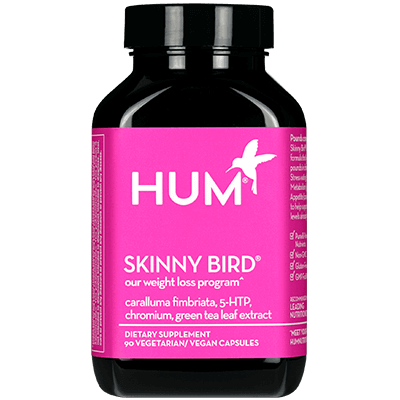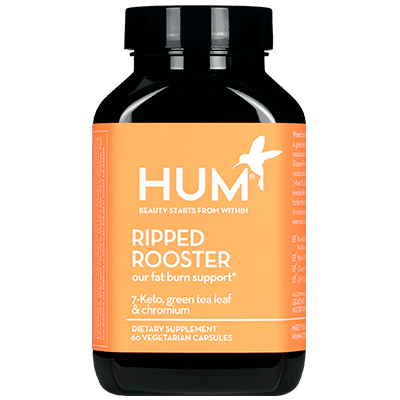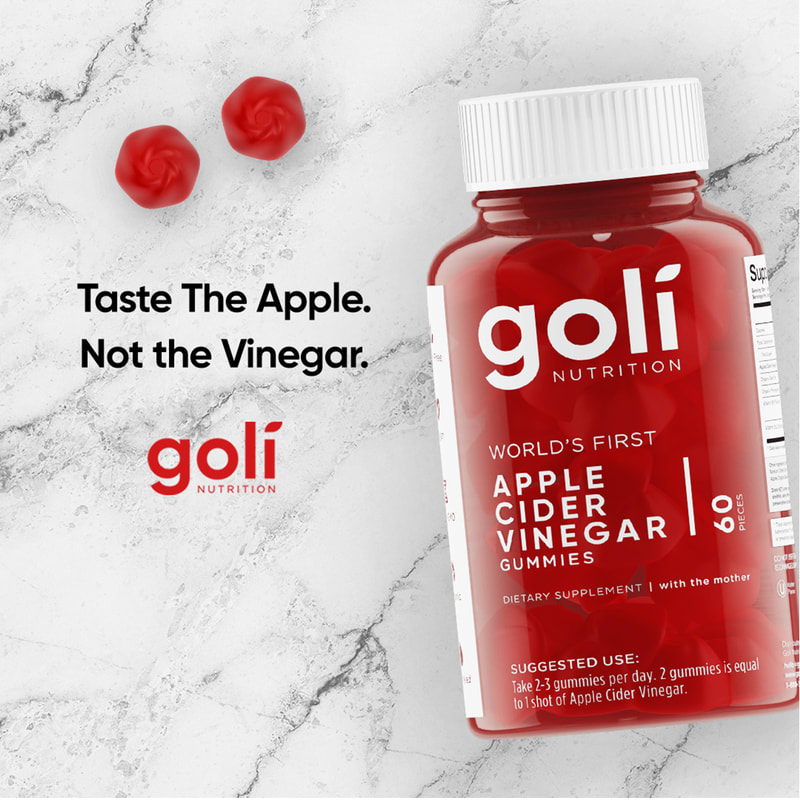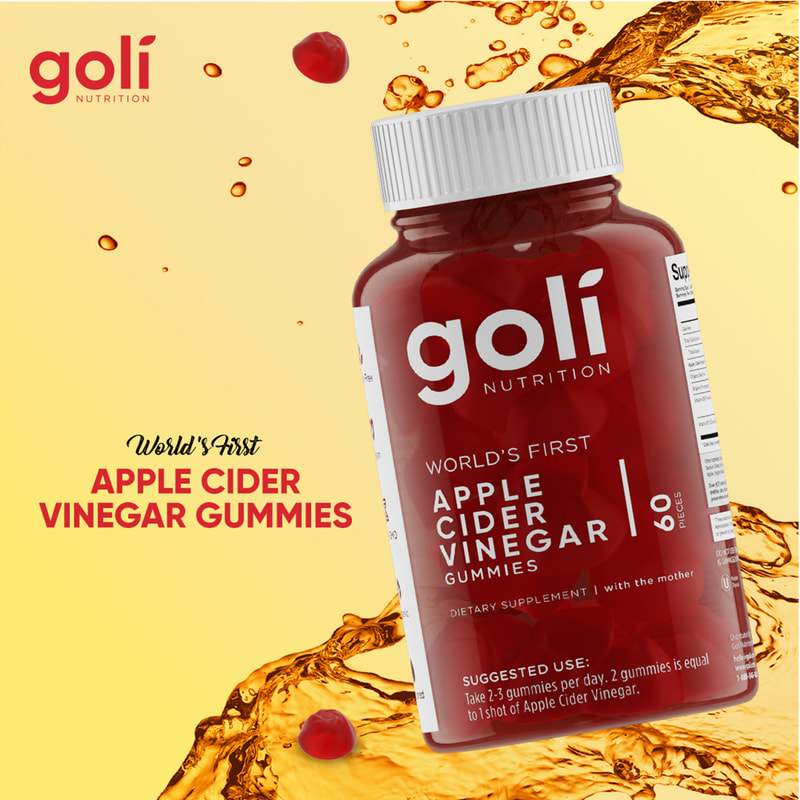Spirulina is a type of blue-green algae that contains vitamins, minerals and antioxidants that protect from cell damage. Spirulina is a great example of a superfood because it contains micronutrients and macronutrients like protein. It has all eight essential amino acids. Many people use spirulina in a powder or pill form. Spirulina can be taken on a daily basis. I enjoy spirulina in a powdered form. It quickly gets right into the blood stream and provides energy building compounds. I add it to smoothies as well as other vegan recipes (these will be listed in an upcoming post).
Spirulina contains micronutrients like B complex vitamins, vitamin E, manganese, zinc, copper, iron, selenium, beta-carotene and essential fatty acids. It is one of the only plant sources of vitamin B12 which is amazing for vegans and vegetarians.
One of the more commonly studied and talked about components of spirulina is phycocyanobilin, which makes up about 1% of spirulina. This compound mimics the body’s bilirubin compound (kidney health), in order to inhibit a specific enzyme complex oxidase. By inhibiting this complex oxidase, spirulina ultimately provides strong anti-oxidative and anti-inflammatory effects in the body protecting several organ functioning like the liver, kidney, heart and brain.
Laboratory and animal Studies have shown that Spirulina may help strengthen the immune system, protect against allergic reactions, and have antiviral and anticancer properties. More research is needed, however, to determine the exact benefits in humans. This superfood blue-green algae can contain heavy metals and toxins from the water because it absorbs from its surroundings. If you do buy this superfood compound, make sure it is a highly trusted brand like Garden of Life's Perfect Food Green Powder or Garden of Life's Perfect Food Green Caplets.
Let us take a look at some recent evidence based research studies. As always, I will help break them down for you.
A study by Serban MC, et al. from 2015 in Clinical Nutrition explored the benefits of supplementing with spirulina to help reduce cholesterol. In fact, the study did conclude that supplementation with Spirulina did provide a significant reduction of plasma concentrations of total cholesterol, LDL-C (bad cholesterol), triglycerides and elevating those of HDL-C (good cholesterol).
A study, performed by Pan R, et al. published in 2015 in the International Journal of Biology and Marcromolecules, was designed to determine the effects of phycocyanin (PC) on Human ovarian cancer SKOV-3 cells. This study indicated that phycocyanin has an effect on tumor cell apoptosis (cell death) and provided the scientists with more information about the pathways and mechanisms on which it acts.
Spirulina may also have anti-toxic properties as shown in a recent study from the October 2015 issue of Pharmaceutical Biology by Martinez-Galero E. et al. They concluded that spirulina could be a useful co-agent in clinical practice to help counteract toxic pollutant effects such as arsenic, lead or cadmium. Because of these potential anti-toxic properties, spirulina is commonly used in detox diets.











 RSS Feed
RSS Feed

